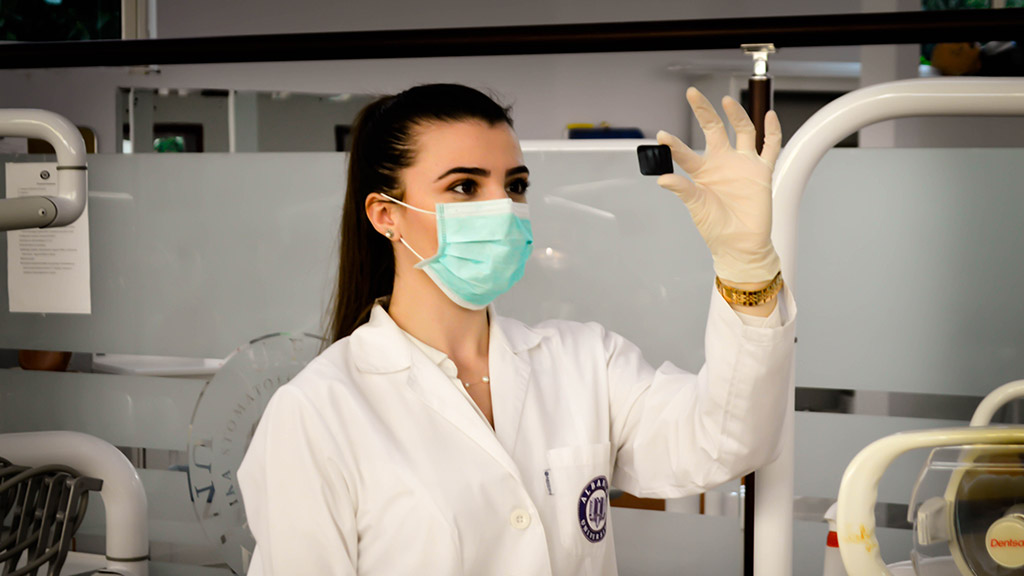Technology, health and business, the courses with the highest career opportunities in 2020
STEM disciplines and those related to caring for people will be some of the most highly sought-after by companies
Qualifications in the technology, health care and business fields lead the ranking of courses with the most career opportunities, according to the US Bureau of Labor, which compiles a list every year of the 100 professions most in demand. Specifically, the 20 university courses with the greatest employment possibilities are software engineering, in first place, followed by dentistry, nursing, medicine, mathematics, physiotherapy, occupational therapy, marketing, optics and optometry, law, technical architecture, business administration and management, veterinary surgery, computer engineering, mechanical engineering, psychology, economics, speech therapy, civil engineering and pharmacy.
The study notes that STEM disciplines and courses related to health sciences will see a higher rate of employment in the near future. "The best professional prospects are in technology", commented Daniel Riera, director of the Faculty of Computer Science, Multimedia and Telecommunications at the UOC. It is precisely in this field where women represent a very small proportion of students (just one in ten students).
Riera explained that this horizontal segregation "has a very negative impact in all areas, as things aren't designed in a fair or balanced way (for example, introducing biases into the algorithms that make decisions for us). Taking on this responsibility is key, as humanity's future challenges depend greatly on combining the views of different people and disciplines."
According to this study by Randstad, digitalization will create 1,250,000 jobs until 2021 in Spain. Of these, 390,000 will be pure STEM, 689,000 will be satellite jobs that provide support, and 168,000 will be indirect jobs. The report also detects a shortfall in professionals who specialize in science, technology, engineering and mathematics, which companies will need to fill, but for which there will not be enough candidates.
The report notes that some professions stand out compared with others, as is the case of computer engineers and experts in data science and big data. For Teresa Sancho, director of the bachelor's degree in Applied Data Science at the UOC, small and medium businesses need professionals "who can gather the company's data, store them, ensure their security and process them adequately, and who are able to answer the questions posed by management”.
Caring for people, a job sector on the rise
Besides the jobs that require STEM skills, the International Labour Organization (ILO) has identified other promising areas in the job market, such as those related to the environment, caring for people and the proliferation of new labour relationships such as the gig economy.
- Green work places to contribute to the preservation of the environment: the jobs that will see the greatest increase in the future will help raise energy efficiency, limit greenhouse gas emissions, minimize waste and pollution, protect and recover ecosystems and aid adaptation to climate change.
- Jobs related to the so-called "care economy": professions related to health care, child care, caring for people with disabilities and caring for the elderly.
- The rise in gig economy: sporadic short-term jobs where the person hired takes care of a highly specific task within a project.
According to the ILO, the growing population, the ageing of societies and the shortcomings of social policies call for governments, employers, trades unions and citizens to adopt urgent measures with regards to the organization of care work. In this context, healthcare professionals play a key role. For doctor and endocrinologist Ramon Gomis, director of the Faculty of Health Sciences at the UOC, these specialists "have to understand that health does not mean being free from illness. Health is more than that: it's about quality of life and wellbeing". For Gomis, "the healthcare of the future has to ensure a life expectancy where people age without mistreatment, loneliness, environmental alterations or mobility difficulties".
Education for employability
In light of the transformation of the job market and global sustainable development, "tightening the relationship between qualifications and jobs becomes a priority for universities, especially when the different world observatories continue to highlight the imbalance between job demand and the skills profile of university graduates", Àngels Fitó, vice president for Competitiveness and Employability at the UOC, explained. This emphasis on education for employability "places the focus on the design of degree courses that specifically respond to new professional profiles, but above all to the cross-disciplinary development of professional skills that aid lifelong work skills training", she added.
Experts UOC
Press contact
-
Editorial department
